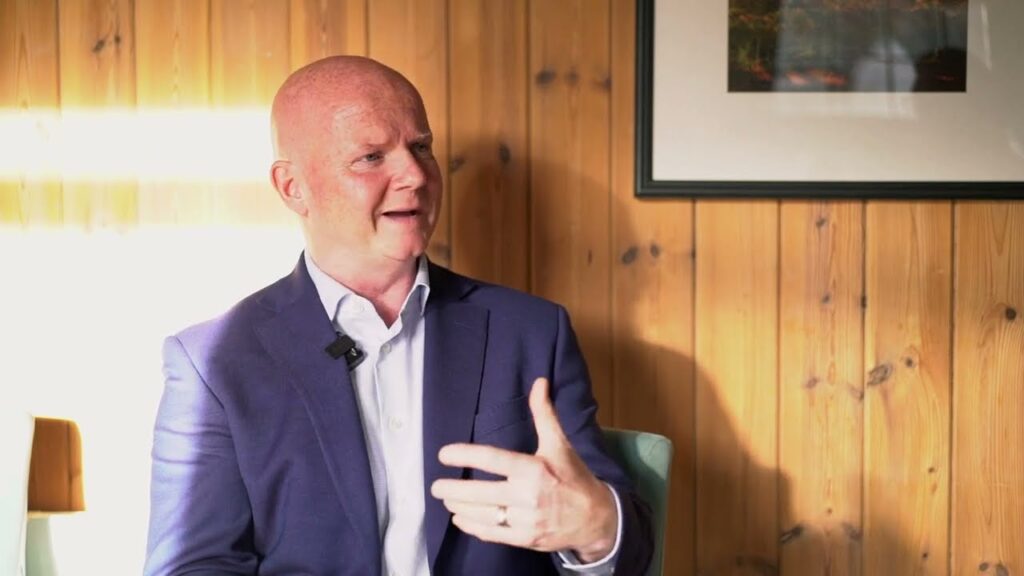David Breen MVO MSc: Head of Protective Services at King Safety and Security
My last working day in the Metropolitan Police was the day of the Kings Coronation. My career culminated as Personal Protection Security team leader to Their Royal Highness’s the Wales family. I was immensely proud of my career, but my real pride rested with my fantastic team. I had invested heavily in developing an exceptional, diverse and effective detail.
Since moving into the private sector I have been guided and supported by various practitioners, companies, clients and even Principals. I am truly grateful to them. I have since accepted a role with KSS as their Head of Protective Services. I am delighted to be a part of a company I believe truly sets the standard for others in the CP space to follow.
I have always considered ‘The Human Element’ of close protection and security as pivotal. The Human element covers a vast array of relevant stakeholders. I would like to single out the Close Protection Operative in this discussion opportunity.
Through a trusted friend I was introduced to the director of King Safety and Security, Matt Beer. We met and had a very candid chat about close protection standards in the private sector. I was then invited to attend one of KSS’s selection days as an observer. The day was well structured and its content highly relevant. The assessors were professional and passionate about the industry. What shocked me was the extreme disparity in competence by the candidates. There were some exceptional candidates but some to my surprise fell far below an acceptable standard, and they had apparently passed CP courses.
Matt and I agreed I would review the selection day in partnership with his team to further develop it. This proved to be a great collaboration and it resulted in developing an excellent selection process that I’m very proud of. At the core our mission was to contribute to improving industry standards and to ensure our operatives represent KSS in a positive way.
Where are we now, and what is the process?
We advertise selection days and sift notes of interest. We then tell the candidates what they are going to be assessed on to allow them the opportunity to prepare. They are invited to a structured selection day. We assess them from the moment they arrive. The assessors are supplied with marking guides that evidence positive and negative indicators that they complete. The candidates complete various serials, but importantly they move between assessors to mitigate bias. The scoring guide pins down areas of strength and weakness, and produces a tangible metric. Importantly, the metric allows for bespoke development plans and mentoring which is offered for free. We produce competency based scenarios that represent KSS’s ethos considering a quality close protection operative.
We assess:
- General knowledge and current affairs
- Medical knowledge to FREC 3
- Introduction and briefing
- Observation
- Practical drills
- Recce/Research
- Ability to group discuss ‘tricky topics’
- Map reading
- Final interview
Of course, the list is not exhaustive, but our assessment means that KSS recruits quality close protection operatives that support our drive to improve industry standards. We then continue to mentor and develop our staff.
To date, 250 CPOs have attended a selection day and 70 graduates are now eligible for roles with KSS having passed their process. This gives a pass rate of a little under 30%. This figure puts some people off attending the selection process. I’d like to clarify that it isn’t a fantastically difficult assessment, it’s more a case that so many candidates are ill equipped and under prepared. We’re not looking for the perfect CPO, rather a CPO who is a good all rounder with the right attitude and the ability to represent KSS appropriately in front of our clients. If you are well presented, articulate, ego-free, and able to perform the core competencies of close protection, there is a very high likelihood you will pass.
As a management team we want to continue to evolve and develop hence sharing the discussion with you, and would be very grateful for your opinions on what we are doing and also how you think we can all better improve industry standards?
Many thanks for your kind attention.
David.

